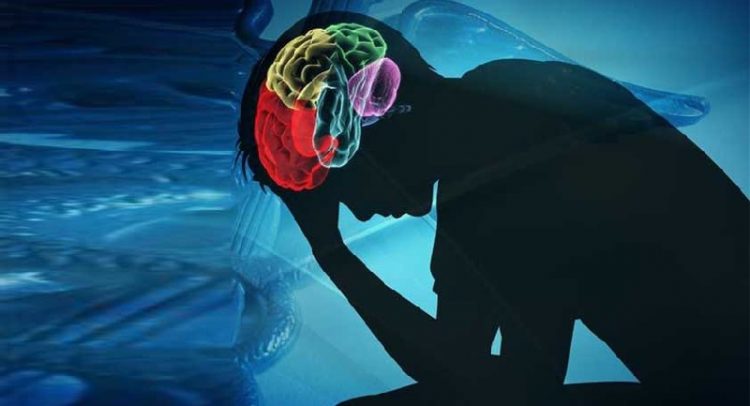Mindfreedom Ghana, a Non-Governmental Organization (NGO) has called on the Ghanaian government to provide adequate resources to scale-up mental healthcare services across the country.
“And even as we call on government to increase her investment portfolio in mental health, we also call on partners and communities to promote social interventions by strengthening peer support, re-integrating long stay patients into communities, and equipping caregivers with the knowledge and resources to better support people with mental disorders,” the organization said in a statement to mark World Mental Health Day recently.
The 2020 celebration themed, “Mental Health For All: Greater Investment – Greater Access,” underscores the need for increased funding for mental health care and well-being.
Executive Secretary of Mindfreedom Ghana, Dan Taylor, who signed the statement said mental health is one of the most neglected areas of public health even though close to 1 billion people are living with a mental disorder globally.
“In Ghana, it is estimated that more than 47% of people with mental, neurological and substance use disorders receive no treatment for their condition at all.
Furthermore, stigma, discrimination and human rights abuses are still widespread,” he said.
Mr. Taylor indicated that even though Ghana can boast of a state-of-the art mental health legislation, great strategies and plans, most people do not have access to quality and affordable mental health services.
He said the country on the average spends less than 1% of its health budget on mental health, although it is estimated that for every GH¢ 5.70 (i.e. the equivalent of USD1) invested in scale up treatment for common mental disorders such as depression and anxiety there is a return of GH¢28.5 (or USD5) in improved health and productivity.
“On average, Ghanaians make some relatively high level (5%) contribution towards the cost of mental health services for medications. This is worse for people in rural communities and urban slums,” he added.
He therefore urged the government to work with partners and civil society organizations in mental health to include mental health care as part of the continuity of essential health services and so in providing psychosocial support skills training for first responders.
By Jamila Akweley Okertchiri

